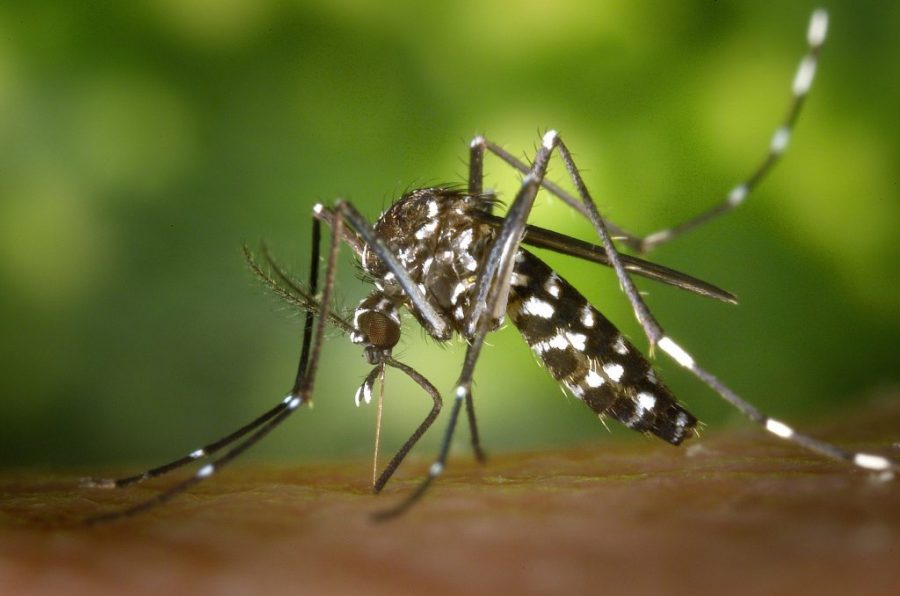One of the biggest news stories of the summer has been the Zika virus. News outlets have provided updates around the clock on the status of Zika in South and Central America, how it is affecting plans for the Summer Olympics in Rio de Janeiro and discussing what is largely assumed to be its imminent arrival on United States’ soil.
Amidst all of this fervor, conflicting stories have been reported and rumors have abounded. Here is a rundown of everything you need to know about the virus.
Zika is a virus transmitted by mosquitoes. Infected individuals occasionally experience symptoms such as fever, rash, joint pain or red eyes. More concerning, however, is Zika’s link to various birth defects when it infects pregnant women. Most notably, it has been shown to cause microcephaly, a neurological disorder characterized by a small head circumference and brain damage.
South America, Central America and the Caribbean have been the hardest hit regions so far. Brazil recorded over a million cases of infected individuals in 2015 alone and so far has seen 1,400 cases of babies born to infected mothers, diagnosed with microcephaly. This explains the Olympic coverage and a handful of athletes and reporters who have vowed not to attend the games.
Many of the untruths that have spread about Zika virus concern its spread to the U.S. Thus far, there have been no cases of Zika transmission within this country’s borders. That means nobody has become infected on American soil.
There are a number of infected individuals being treated in the U.S.; all of whom contracted the virus while traveling in endemic countries or through unprotected sex with a returned traveler. Since the current outbreak began, there have been 900 such cases reported, with 12 instances of babies being born with birth defects associated with the disease.
Most experts agree that the virus will eventually spread to the U.S. So called autochthonous transmission, caused by mosquito bites within the U.S. rather than being imported from affected countries, is expected to be observed before the end of summer.
Most experts also agree, however, that the result will be far less concerning than the situation in South America. The Gulf Coast, from Texas to Florida, is most at risk. Salt Lake City, on the other hand, has relatively little to worry about; the types of mosquitoes that transmit the disease, Aedes aegypti and Aedes albopictus, have never been seen here.
In short, most of us have little to worry about. Women of childbearing age should certainly be aware of the risks inherent to traveling. The Centers for Disease Control and Prevention recommends that pregnant women not travel to heavily affected areas, that women who aren’t pregnant avoid conception for at least 8 weeks after returning from affected areas and that all women wait to have protected sex with male partners who have recently returned from these places for 8 weeks if he doesn’t have any symptoms and 6 months if he does. Other than taking these precautionary measures, don’t let the dramatic news coverage spook you too much.
















